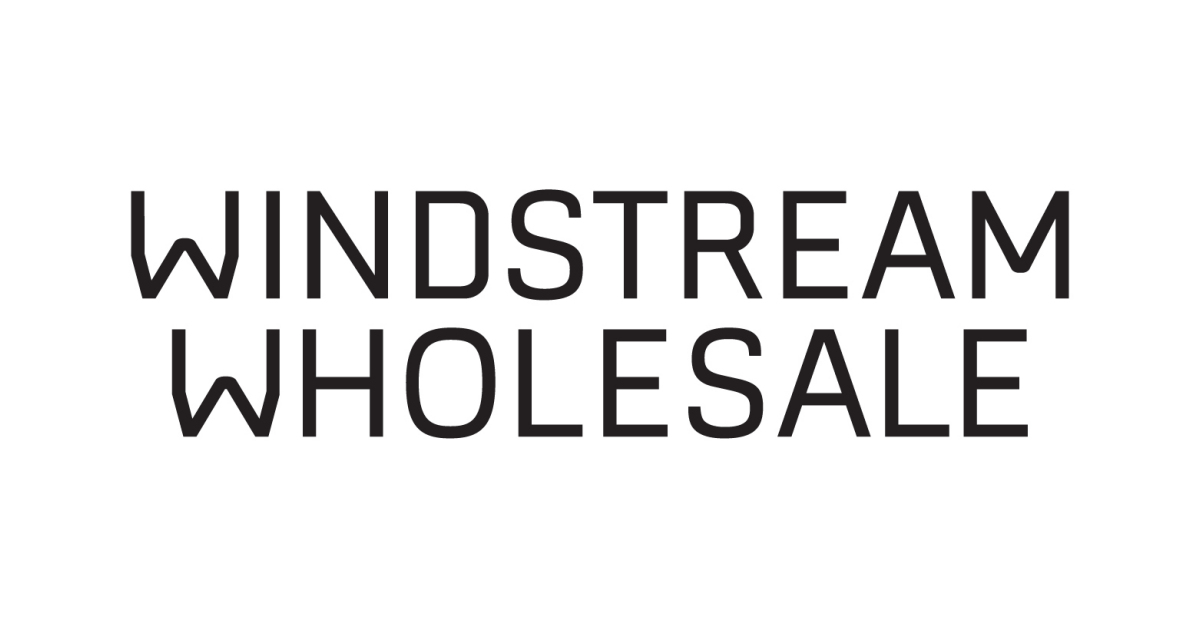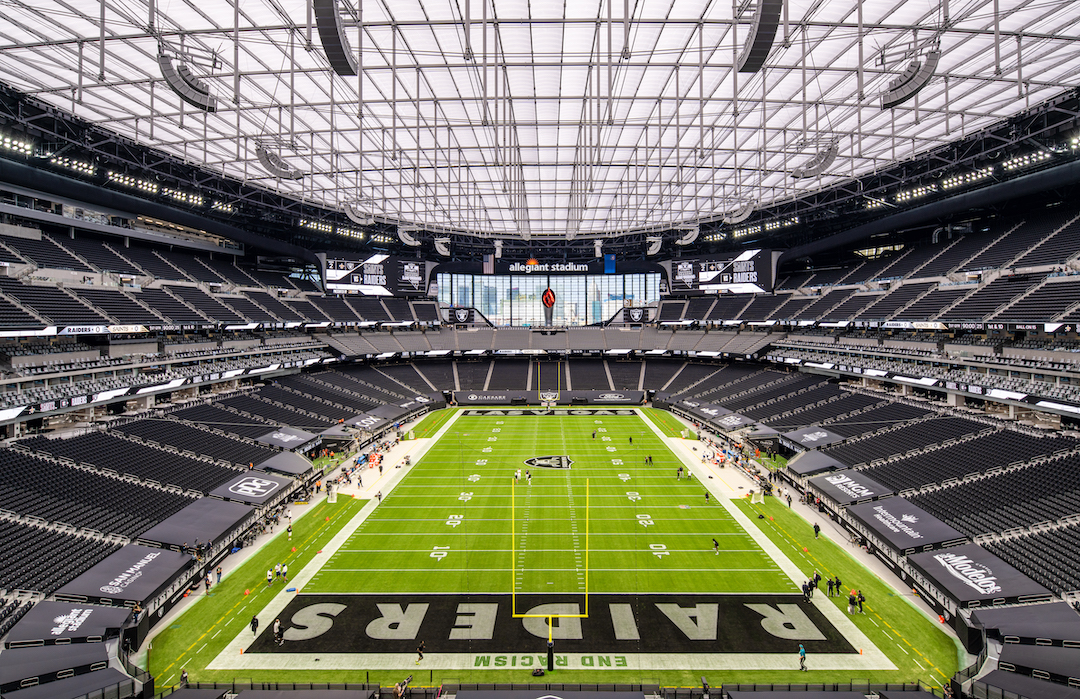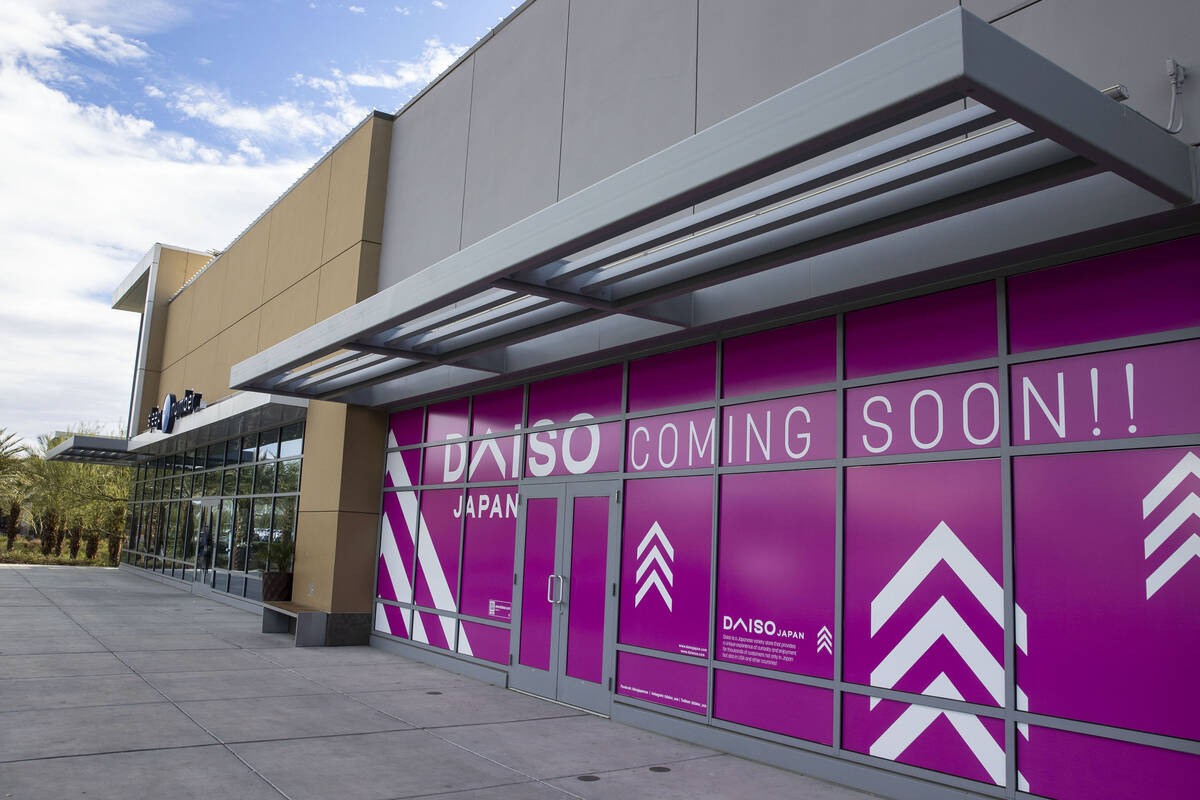Julie Jacobson / AP
The Las Vegas Strip is shown from a neighborhood in Henderson at dusk.
Tuesday, April 13, 2021 | 2 a.m
For Las Vegas homeowners, one of the few bright spots of the COVID-19 pandemic was the remarkable surge in home values in the valley amid an otherwise economic boom.
However, the soaring cost of residential property, which peaked last month when the average resale price hit $ 363,000, is linked to a trend that increasingly threatens our economy over the long term.
As home values rise, it is becoming increasingly difficult to find affordable housing in Las Vegas.
That unfortunate fact is set out in a new report by UK-based Online Mortgage Advisor, which found that Las Vegas housing affordability saw the seventh worst change in the world from 2016 to 2020. The study is based on comparisons of the average gross income in the communities and the cost of housing per square foot in these areas showed that the average Las Vegas resident could afford to buy about half as much space last year as in 2016.
The study is a little oversimplified – comparing gross income, for example, doesn’t take into account the nuance that Nevada is a low-tax state – but it does provide clues to a trend that we can see and feel all around us. In recent years, wages have not been able to keep up with the skyrocketing house values, which put affordable housing under pressure. That record $ 363,000 last month for resale was nearly 65% higher than five years ago – $ 220,350 in spring 2016.
Meanwhile, shop closings and rampant layoffs over the past 12 months have further affected Las Vegans’ ability to afford housing.
However, the demand for housing in the valley was searing high, largely due to the influx of California buyers and the wide availability of cheap credit. Realtors report real estate cash purchases within hours of their listing.
That’s great for sellers – thank goodness, the real estate market didn’t jump in this crisis like it did during the Great Recession – but it adds urgency for local, state, and national leadership to addressing housing affordability .
Fortunately, there are several examples of executives who do just that. For example, the Biden government’s $ 2.3 trillion infrastructure plan includes $ 213 billion to maintain affordable housing and improve housing in middle- and low-income areas. February brought the announcement of an innovative new group of city and community leaders, including the city chamber of commerce, the National Association of Real Estate Brokers, and AmeriFirst Financial Inc., who are partnering with a Utah-based real estate technology company to address an alarming black home ownership gap close in the valley. The new group, known as the Coalition to Make Homes Possible, offers free coaching and educational services to promote home ownership equality. Currently, 30.4% of blacks own their own homes in the valley, compared with 61.2% of whites, according to the Urban Institute. This 30.8% gap approaches rates last seen in the 1960s when paint buyers faced legalized discrimination.
Efforts like this are vital to the future of Las Vegas. As we emerge from the wreckage of the pandemic, it is important to ensure that the working families who keep our economies going can comfortably afford to live here. Resort workers on the Strip, construction workers, service employers – we need to be able to attract them to our growth and keep them in our community.
Unfortunately, we still have a long way to go in that regard: the latest annual progress report from the Nevada Housing Division shows a shortage of 163,523 affordable housing units in southern Nevada.
However, with house prices not easing and thousands of Nevadans still financially affected by the pandemic, reducing this shortage must be a top priority.














